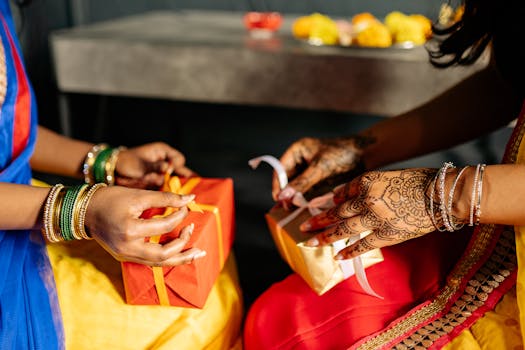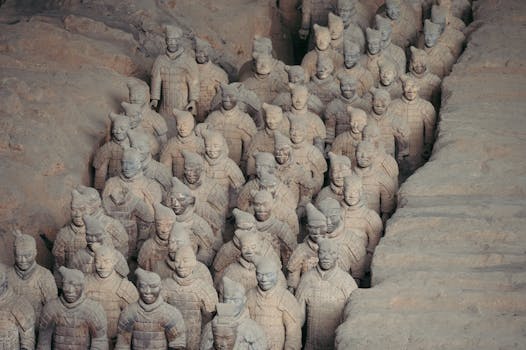
The Fascinating History of Birthstone Jewelry
Takeaways: Birthstone jewelry has deep historical roots, evolving from ancient traditions to modern fashion. Each gemstone is associated with specific meanings and attributes, making them cherished gifts. Understanding the history behind these stones can enhance your appreciation for this timeless jewelry.
Birthstone jewelry has captivated people for centuries, intertwining culture, tradition, and personal significance. From its ancient origins to its modern-day popularity, the story of birthstones is rich and varied. In this article, we will explore the history of birthstone jewelry, the significance of each stone, and how these beautiful gems have become a staple in personal adornment.
Origins of Birthstone Jewelry
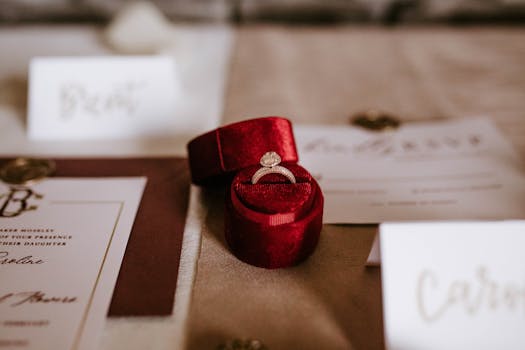
Throughout history, various cultures have attributed different meanings to gemstones. The ancient Egyptians, for instance, revered stones like turquoise and lapis lazuli for their protective and healing properties. They believed that these stones connected them to the divine and offered spiritual guidance.
In the first century A.D., the Roman historian Josephus linked the twelve stones of Aaron’s breastplate to the twelve zodiac signs, further intertwining astrology with the significance of gemstones. This connection laid the groundwork for the modern birthstone system, where each month is associated with a specific gemstone.
The Modern Birthstone List
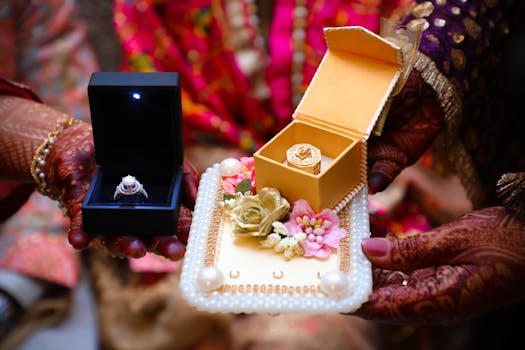
- January: Garnet
- February: Amethyst
- March: Aquamarine
- April: Diamond
- May: Emerald
- June: Pearl, Alexandrite
- July: Ruby
- August: Peridot
- September: Sapphire
- October: Opal, Tourmaline
- November: Topaz, Citrine
- December: Turquoise, Zircon, Tanzanite
Each gemstone carries its own symbolism and significance. For example, garnet is said to represent protection and strength, while amethyst is associated with tranquility and clarity of mind. This personal connection to birthstones makes them popular choices for gifts, especially during birthdays.
The Cultural Significance of Birthstones
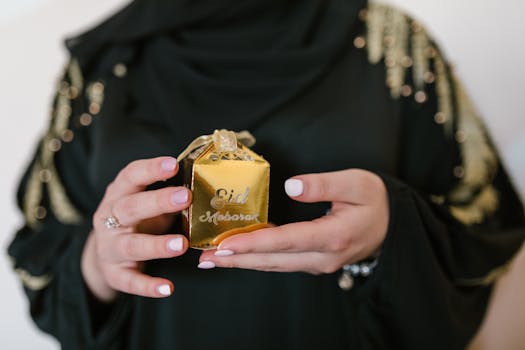
For example, in Hindu culture, certain gemstones are associated with specific astrological influences and are believed to enhance an individual’s fortune when worn. Similarly, in Western cultures, birthstones serve as thoughtful gifts that convey personal significance and affection.
Over the years, birthstone jewelry has evolved from simple gemstone pieces to intricate designs that incorporate modern aesthetics. Today, jewelers create unique birthstone jewelry, blending traditional meanings with contemporary styles, making them perfect for everyday wear or special occasions.
Conclusion
